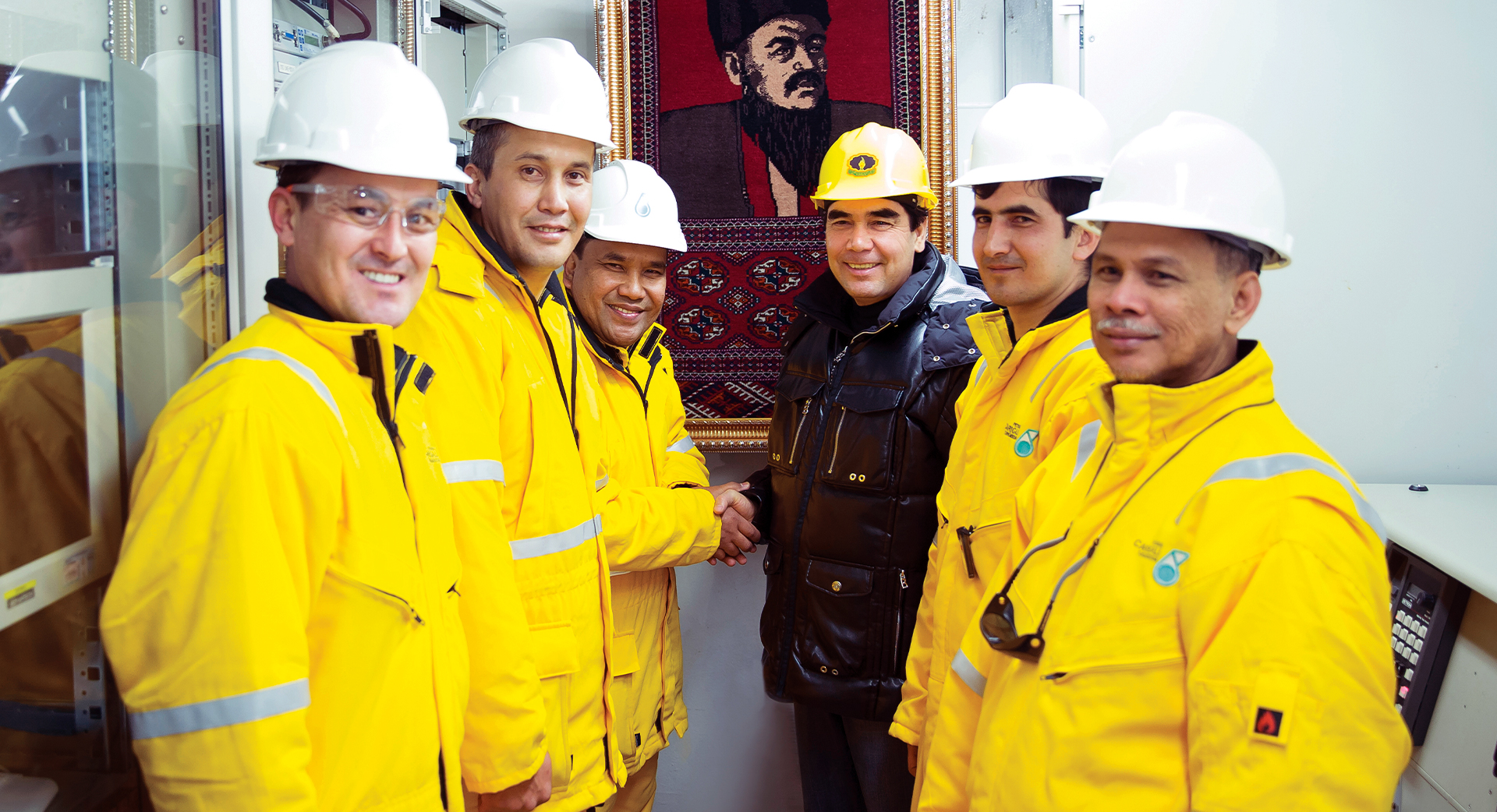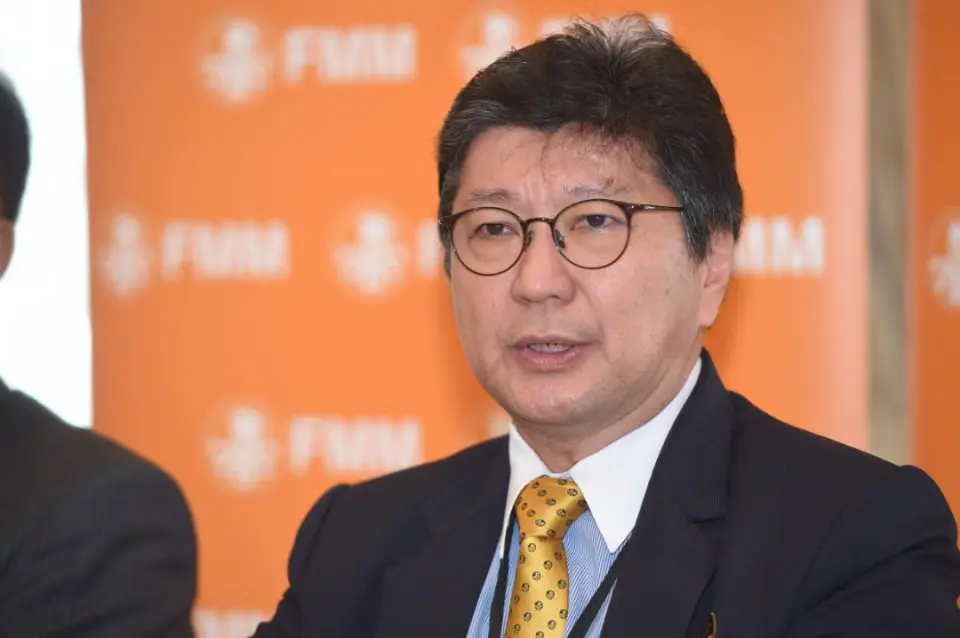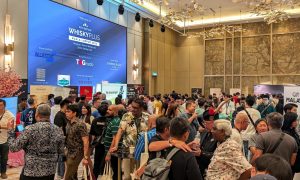Malaysia’s new 1:3 Practical Training Policy mandates companies who hire expatriates to offer paid internships to local students.
Starting February 15, 2025, companies employing expatriates in Malaysia will need to provide structured internship placements for local tertiary students under a new policy announced by the Human Resources Ministry.
Known as the 1:3 Practical Training Policy (Dasar Latihan Amali 1:3), the initiative aims to benefit 100,000 students by the end of its pilot phase on December 31, 2025. Full implementation is slated for January 2026.
THE NEW RULE
The policy requires companies to offer three paid internships for every approved Expatriate Employment Pass (EP). Initially, it will apply only to Tier I and Tier II companies, with adjustments based on organizational size and workforce considerations.
It seems, based on this mention of ‘adjustments,’ that the requirement will not be uniformly applied or enforced. Small wonder, as some Malaysian companies rely on a pool of talented expat workers, and would face a substantial burden in meeting the 1:3 ratio generally required.
As just one example, PETRONAS currently employs a little under 48,000 people. While exact data regarding the current numbers of non-Malaysians employed is not publicly available, 2022’s public reporting showed that 16% of new hires were non-Malaysians. If that number is at all representative of the proportion of expats employed in PETRONAS, that would be over 7,000 of their staff. Will PETRONAS be obliged under this initiative to hire at least 21,000 paid interns? Almost certainly not.

It’s also unclear how often the required number of interns will need to be hired. Expats are granted Employment Passes at varying levels, with corresponding lengths of visa validity. So if one expat has a one-year visa, and another in the same company has a visa valid for two years, does that mean the first expat’s employment will require three interns hired in that one-year term, while the second expat’s longer term would require three interns total in a two-year period? Or three interns each year?
POLICY MET WITH CRITICISM
The newly announced policy attracted near-instant pushback, with critics saying it was impractical. Indeed, many companies who depend on expatriate expertise do not have internship programmes, nor any need for interns.
Meanwhile, the Federation of Malaysian Manufacturers (FMM) has rejected the new policy, saying the requirement for firms to provide up to three internship placements for local students for each expatriate employed is impractical for the manufacturing sector.
FMM president Tan Sri Soh Thian Lai explained that expats were crucial for the broader industry as they often help bridge the gaps in needed skills and expertise, while also driving innovation and providing leadership.
“The urgency to meet production demands makes it impractical to rely solely on internship programmes to bridge these gaps.
“Instead, FMM advocates for a ‘place-and-train’ system, such as apprenticeship schemes, which have proven effective in generating interest among interns for long-term careers in the manufacturing sector. This approach allows interns to gain hands-on experience, aligning their skills with industry requirements while addressing immediate workforce shortages,” he said in a statement.

Soh added that the process of applying for employment passes for expat staff is challenging enough already, and expressed his concern that the new policy would only make it harder.
ARE THERE ANY UPSIDES FOR COMPANIES?
There are possibly some benefits to the new requirement. Participating companies will receive double tax relief on monthly allowances for trainees through the National Structured Internship Programme (MySIP). Other expenses, such as training materials, development costs, and logistics, will also qualify for incentives.
Under the HRD Corp Industrial Training Scheme, companies can allocate up to 50% of their levy balance to cover trainee allowances and additional support. TalentCorp will act as the central hub, offering resources for placement, advertising, and talent matching via its Ilham Kesuma platform (www.ilhamkesuma.gov.my).
The Human Resources Ministry clarified that the policy would not disrupt ongoing EP approval processes and is expected to bolster local talent in a competitive job market while supporting organisations with comprehensive incentives.
For further details, visit www.talentcorp.com.my/1to3policy.

















